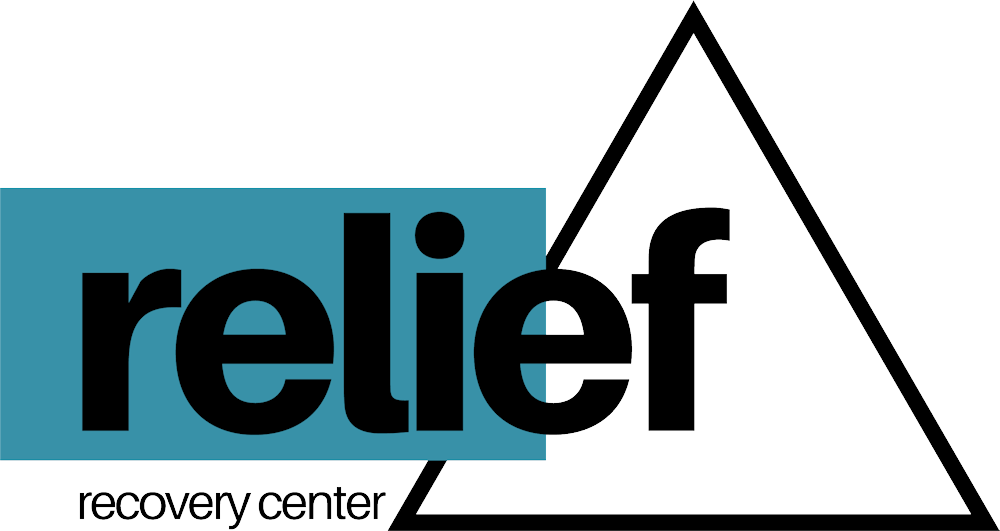Embarking on a journey of sobriety is a courageous step towards a healthier life. As you navigate the path to recovery, integrating exercise during recovery can be a transformative tool to support your physical and mental well-being. Not only can it help manage cravings and reduce stress, but it can also boost your mood and self-esteem. However, it’s important to approach exercise mindfully, adapting your routine to your individual needs and recovery stage.
Understanding the Benefits of Exercise During Recovery
Physical Healing:
- Exercise can help repair the damage caused by substance abuse, improving cardiovascular health, boosting energy levels, and promoting better sleep.
- Regular physical activity can aid in weight management, a common concern for those in recovery.
Mental and Emotional Well-being:
- Exercise releases endorphins, natural mood boosters that can help combat depression and anxiety, common challenges during recovery.
- Physical activity can serve as a healthy outlet for stress and frustration, promoting relaxation and emotional balance.
- Engaging in exercise can increase self-confidence and provide a sense of accomplishment, reinforcing your commitment to a sober lifestyle.
Starting Slow and Steady
In the early stages of recovery, it’s crucial to listen to your body and start with gentle exercises. Focus on activities that you enjoy and that are manageable, such as:
- Walking: A low-impact exercise that can be easily adapted to your fitness level.
- Yoga: Promotes flexibility, strength, and mindfulness, offering a holistic approach to well-being. Check out Relief Recovery Center’s guide on the benefits of yoga for addiction recovery.
- Swimming: A gentle, full-body workout that is easy on the joints.
- Tai Chi or Qi Gong: These meditative movement practices can help reduce stress and improve balance.
Gradually Increasing Intensity
As your strength and endurance improve, you can gradually increase the intensity and duration of your workouts. Consider incorporating:
- Strength training: Building muscle can improve metabolism and body composition.
- Cardiovascular exercise: Activities like running, cycling, or dancing can boost your cardiovascular health and reduce stress.
- Group fitness classes: Joining a class can provide motivation, social support, and a sense of community.
Staying Motivated
Maintaining an exercise routine during recovery can be challenging. Here are some tips to stay on track:
- Set realistic goals: Start with small, achievable goals and gradually increase them as you progress.
- Find a workout buddy: Having a friend to exercise with can provide encouragement and accountability.
- Track your progress: Keeping a journal or using a fitness tracker can help you monitor your improvements and stay motivated.
- Reward yourself: Celebrate your milestones with non-food rewards, such as a massage or a new workout outfit.
Listening to Your Body
It’s important to listen to your body’s signals and adjust your exercise routine accordingly. If you’re feeling tired or sore, take a rest day. Pushing yourself too hard can lead to injury and burnout.
Important Considerations:
- Consult with your healthcare provider before starting any new exercise program, especially if you have any underlying health conditions.
- Stay hydrated by drinking plenty of water before, during, and after your workouts.
- Fuel your body with nutritious foods to support your energy levels and recovery.
- If you experience any pain or discomfort, stop exercising and consult with your doctor.
Exercise as a Lifelong Tool for Sobriety
Exercise during recovery isn’t just about physical fitness; it’s a powerful tool for healing, self-discovery, and building a strong foundation for a sober life. By incorporating regular physical activity into your routine, you can enhance your overall well-being, manage stress, and cultivate a positive relationship with your body.
Remember, the journey to recovery is a marathon, not a sprint. Be patient with yourself, celebrate your progress, and embrace exercise as a lifelong companion on your path to a healthier, happier you.
For more information and support on your recovery journey, visit the Relief Recovery Center website or call us today.
Internal Links:
External Resources:
- National Institute on Drug Abuse: Exercise and the Brain
- Substance Abuse and Mental Health Services Administration (SAMHSA)
Please Note: Always consult with a healthcare professional before starting any new exercise program.



